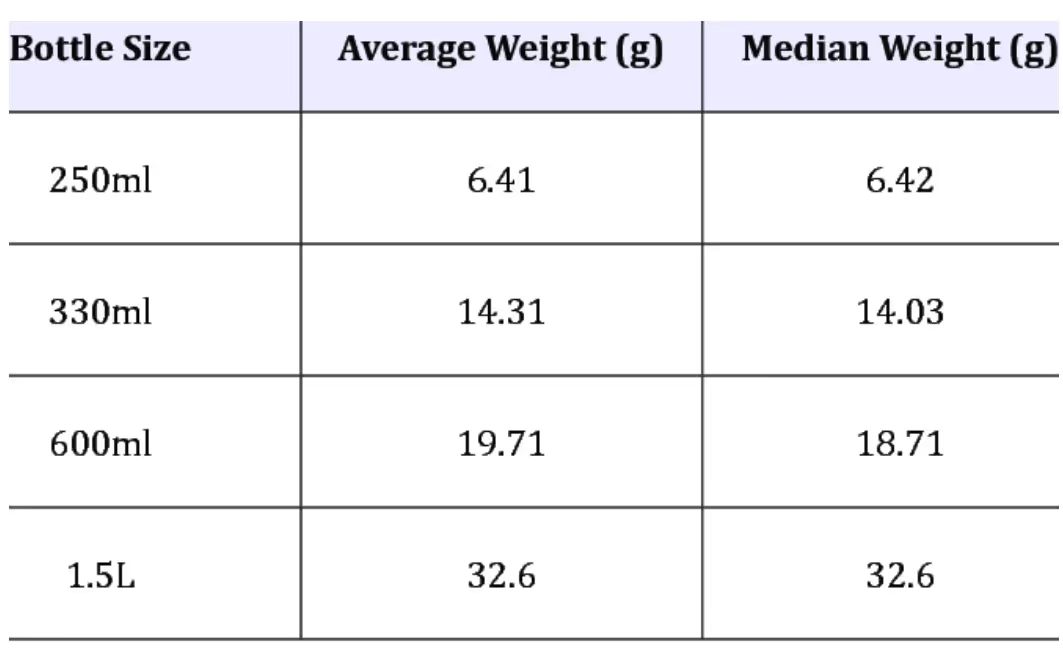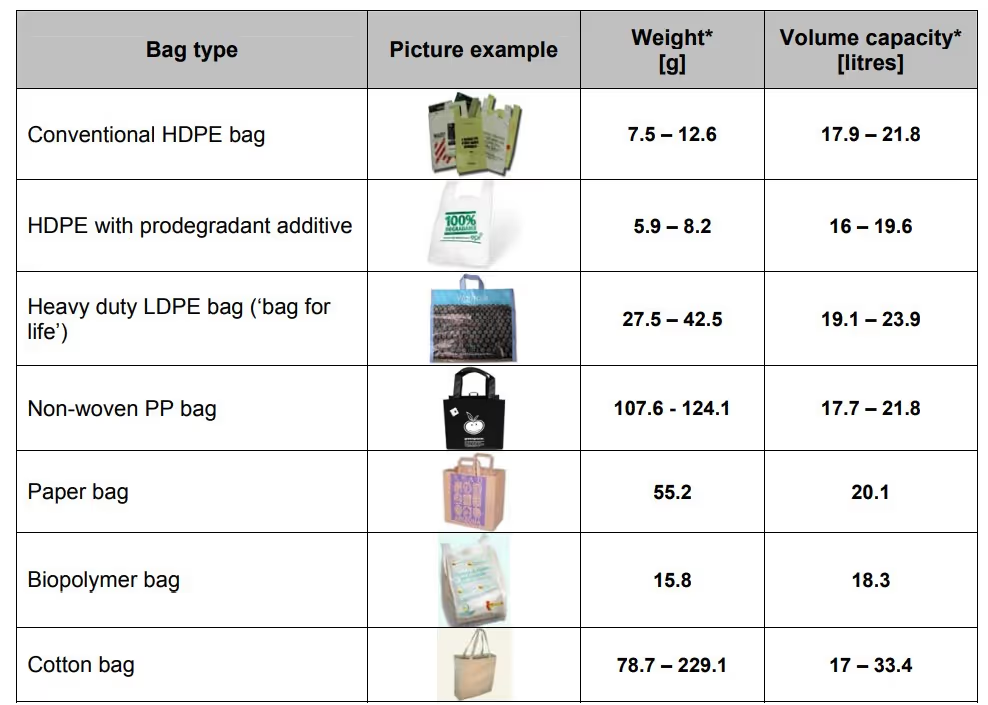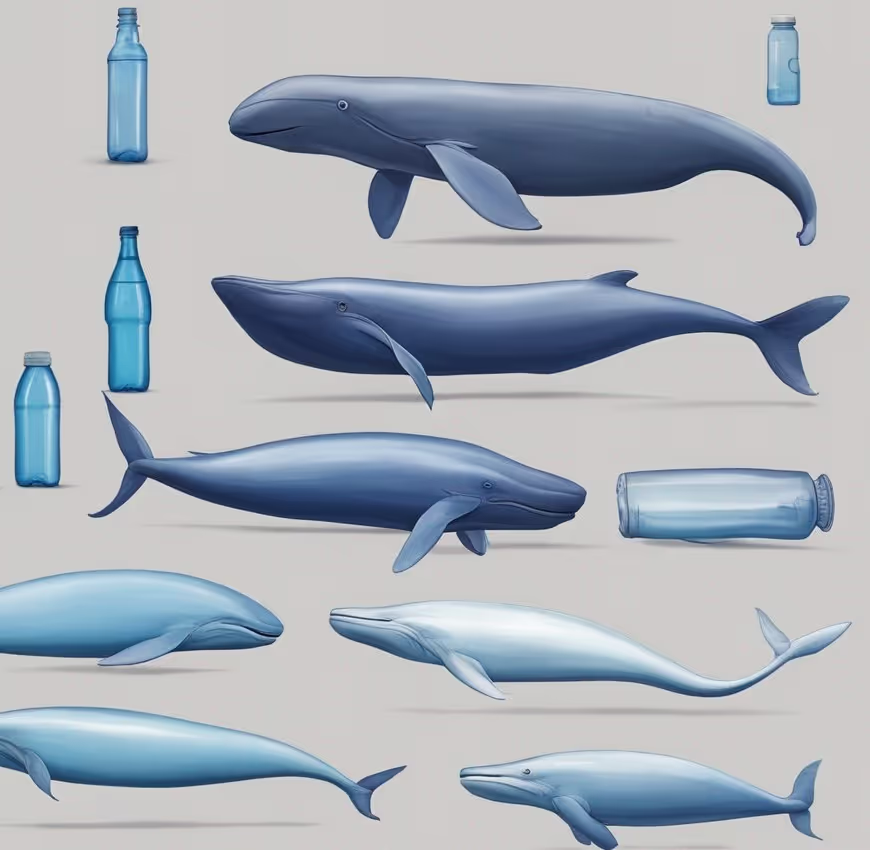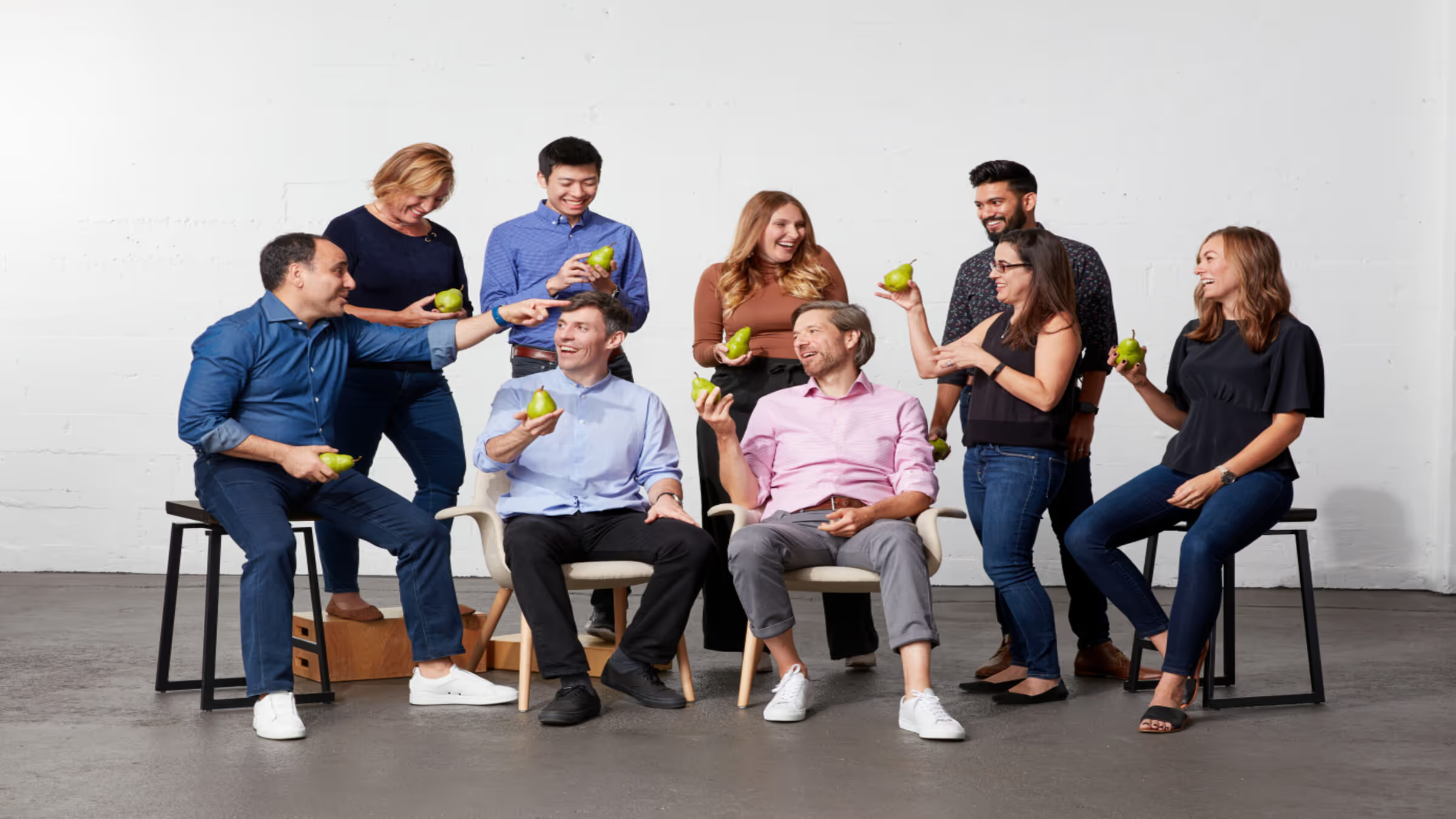rePurpose Global has recovered - as of August 2023 - over 17 million kilograms of nature-bound plastic. Or over 38 million pounds, if that's the unit you prefer.
But regardless of whether it's expressed in kilograms or pounds, it's really difficult to imagine what that vast amount of plastic looks and feels like. It's definitely A LOT, but probably not a quantity that you can easily get your head around.
When we reached 15 million kilograms of plastic recovery we compared that to the weight of 10 blue whales. An adult blue whale apparently weighs around 150,000 kgs, on average. But that equivalence triggered an internal debate about whether a) that made it easy to imagine given the blue whale is the largest creature ever known; and b) whether 10 sounded impressive enough!
Getting equivalencies right can help to make impact numbers come to life. The World Counts tells us that "every year we dump a massive 2.12 billion tons of waste. If all this waste was put on trucks they would go around the world 24 times." As if 2.12 billion tons didn't sound like enough, picturing trucks that stretch around the globe 24 times quickly gets the message across that there's a serious waste management challenge.
.avif)
At rePurpose Global we encourage our clients to get creative with equivalencies. If a pet food brand that is funding plastic recovery, why not use the weight of a dog or cat, instead of pounds or kilograms?
As a default, for our plastic recovery - which can include all kinds of plastic waste - we often use equivalencies in terms of plastic bottles and plastic bags. These are objects that most people are familiar with, and can help with an understanding of the amount of plastic involved.
But...
How much does a plastic bottle weigh?
A plastic bottle weighs... well, it depends. It depends on the size of the bottle, the type(s) of plastic used, and the shape and thickness of the bottle.
A couple of years ago, the rePurpose Global team did some quick research and found that plastic water bottles have an average weight of about 10 grams (or a little less). The Ellen MacArthur Foundation based equivalencies on an average weight of 10 grams for a 0.5 litres PET bottle, so that was a good starting point (e.g. Figure 18, pg 110).
However, further research found that plastic soda bottles were a bit heavier, and ranged from 16-24 grams (without caps). We ended up making the calculation that if we were recovering roughly half water bottles and half soda bottles, the average would come out at somewhere around 18 grams.
Other have done this more scientifically, of course. Academic research into bottled water in Saudi Arabia gave the following data for PET water bottles:

This also suggests that 18 grams is a reasonable, and conservative median weight of a grab-and-go water bottle of 330ml to 500ml.
So we have used 18 grams as our default for plastic bottles for the last couple of years. However, this is under review. While there is no right or wrong answer given the diversity of plastic bottles around the world, it's important that we take conservative figures. We will always report the actual kilograms or pounds alongside an equivalence, but - even so - have no desire to mislead people.
We had based our assumptions and calculations on plastic bottles used for beverage packaging, as we felt this is - most likely - what people picture when they think of plastic bottles. But we are considering whether we need to cast our scope wider, and take into account non-beverage plastic bottles. For example, information here from the National Environment Agency of Singapore, suggests that the median weight of a 250ml shower gel bottle is 33.8 grams - and 58.7 grams for a 500ml bottle.
How much does a plastic bag weigh?
So how much does a plastic bag weigh? You guessed it - it depends. Again, the size of the bag, the type(s) of plastic used, and the thickness of the bag are all factors.
There is considerable variability between countries, at least in part because the design of 'normal' plastic bags differs in each country. According to a review published by UNEP the conventional single use plastic bag (SUPB) weighs less than 5 grams in Singapore, about 6 grams in China, India and the US, and almost 18 grams in Spain and the UK.
The diversity of bags also means variation within countries. For example, this study of plastic bag 'litterability' found that, from a sample of 29 plastic carrier bags collected in Melbourne, Australia, the bag mass varied from 2.5 to 39 grams.
Another study, this time in the UK Environment Agency, found that the weight of conventional HDPE plastic bags in the UK ranged from 7.5 grams to 12.6 grams.

On the other hand, 'Google wisdom' (what you find from a quick search) seems to suggest that plastic bags weigh 6-8 grams.
Historically, rePurpose Global has been using a figure of 5 grams for plastic bags. In part, this low estimate reflects the thinner plastic bags and plastic pouches that are more likely to be collected in rePurpose Global impact projects. In countries where our projects operate, such as India and Indonesia, cheaply produced plastic bags are commonly used and tend to be less thick than bags issued in the UK (even before the switch to 'bags for life') and Australia. However, it is also in part because the rounded 5 gram figure was based on some quick research and became set as our default - it helps that it's also an easy number to calculate.
So these figures will remain under review. As we develop our capacity further, we will work with our coalition partners to record median weights for typical plastic types that are collected at our projects and used by consumers. As with plastic bottles, because of the ranges of weights and sizes involved with plastic bags, there's no 'right' answer. But to be as transparent and accurate as possible, we will continue to look for secondary data from around the world - and maybe even get our kitchen scales out to create some data of our own!
-
What would you recommend? Let us know at letstalk@repurpose.gobal


.avif)
.avif)

.avif)






